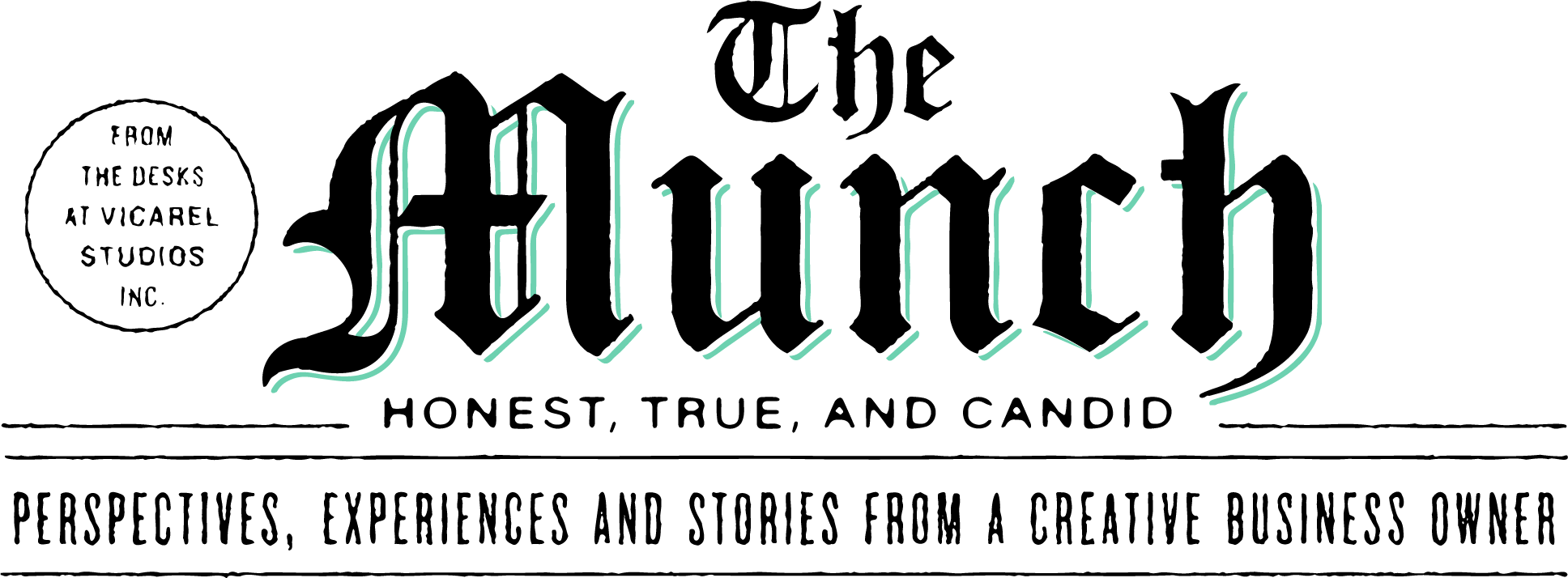Moral and Ethical Concerns When Protecting Artists and Graphic Designers as Artificial Intelligence Develops
Vol. 090
Moral and Ethical Concerns When Protecting Artists and Graphic Designers as Artificial Intelligence Develops.
Both businesses and creatives must work together to understand the risks and opportunities of AI in the art world.
Artificial intelligence (AI) has made its way into the creative industry through programs like DALL-E, Lensa, Chat GPT and more. While AI has the potential to revolutionize the way we create and consume art and design, they also raise serious moral and ethical concerns, particularly when it comes to issues of AI "stealing" the work of artists.
AI programs can easily replicate the styles and techniques of artists, potentially leading to the creation of counterfeit or "fake" artwork. Because this is indeed technology (and not a human) it comes into question whether or not it’s able to actually calculate the ethical concerns or implications of its own creation.
If AI is “accidentally” ripping off other artists, this not only devalues the work of the original artist, but it can also lead to confusion among consumers or customers, who may not be able to distinguish between genuine and artificial art and design.
Not only may artificial intelligence unknowingly (or knowingly — who knows?!) steal an artists work, but AI programs may be used to profit off of the work of artists without properly compensating them.
Right now, there’s a huge gray area of responsibility. Because, technically, the original creators already gave permission to the website for their work to be scanned or scraped by the AI…
Crazy, right?
You know that little box at the bottom of every sign up form that asks “Please check this box saying that you agree to our Terms and Conditions”? Sadly, in checking that box, many of us have agreed to allow our work to be on that site and thus scraped by AI, which ultimately then references our work.
While businesses may argue that they have obtained the necessary licenses and permissions to allow AI to scrape their sites or to use AI to generate artwork—remember, you checked that box saying that you read their 30 page Terms and Conditions 🙄— the fact remains that the original artists are often unaware of this happening, and are rarely being compensated for any such derivative works.
From a moral and ethical standpoint, I think one potential solution to these issues is for businesses to be more transparent and upfront about their Terms and Conditions and how it relates to AI.
Businesses could argue that they’ve already done this with their terms and conditions, but that’s a meek effort in my eyes. Artificial intelligence is so new to the public, and no one really understands how it would/could/should be used. If anything, I think we should err on the side of caution and responsibility.
While I do believe that businesses should take it upon themselves to be more responsible and ethical in informing and protecting artists, it's also important for artists to take steps to protect their own work.
Frankly, I don’t really know what that means at this point. And while I do believe that true creatives don’t really need to fear AI taking over their jobs or careers, I do think it’s important to stay on top of this technology so that you can leverage it in your workflow; it may ultimately have wildly positive impacts in your work.
The ethical concerns surrounding AI and art will likely continue to evolve along with the technology. It’s impossible to predict anything at this point, and just like when the internet was first invented or when Photoshop was introduced into the creative industry, I think it's up to us as creatives to figure out how to implement it in a way that helps as opposed to hurts us.
Both businesses and artists must work together to find ethical and moral solutions that respect the rights and interests of all parties involved.
It’s probably gonna be a bumpy ride, folks. But, don’t allow yourself to fear AI. Turn that fear into curiosity and start learning!

